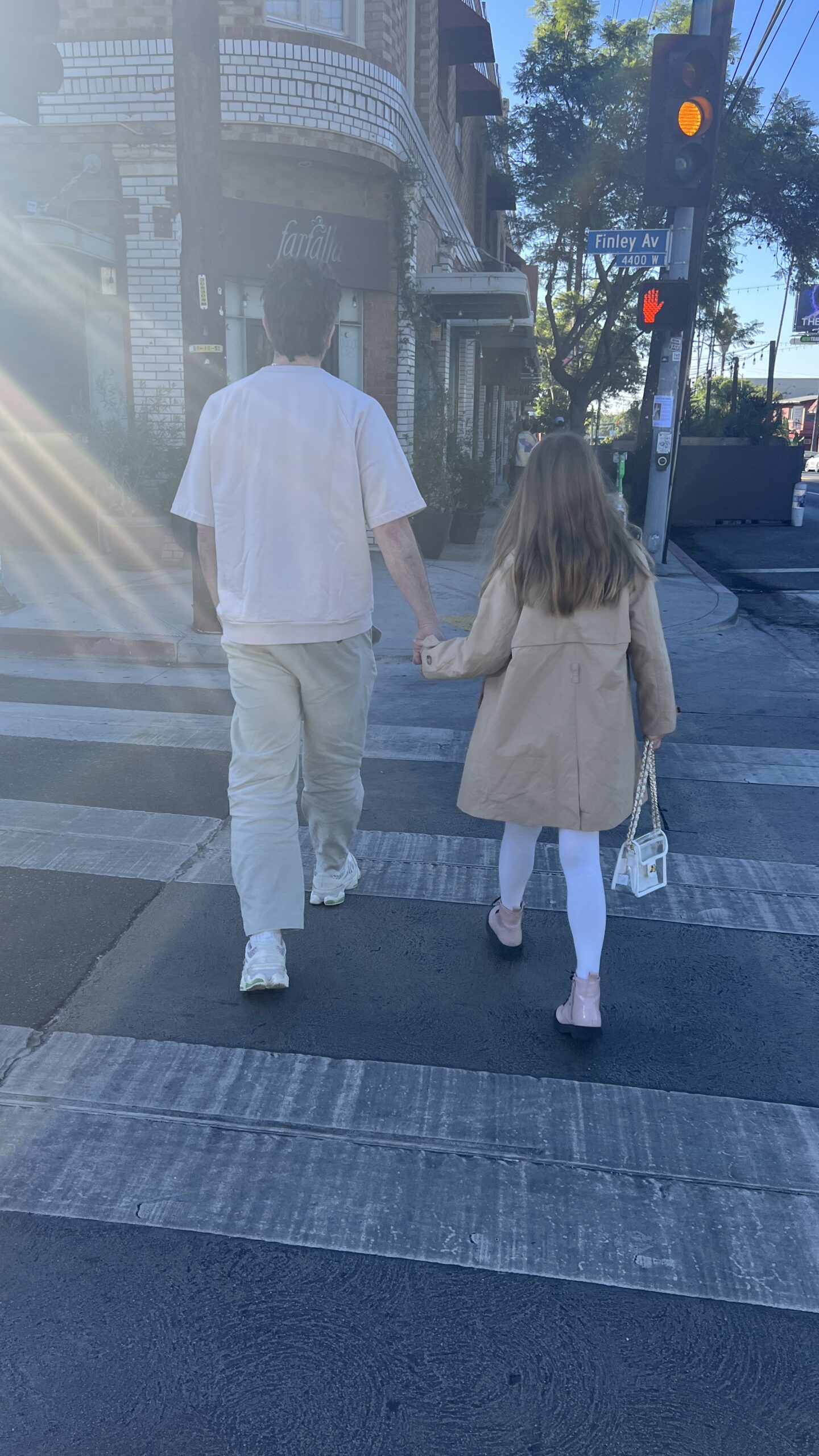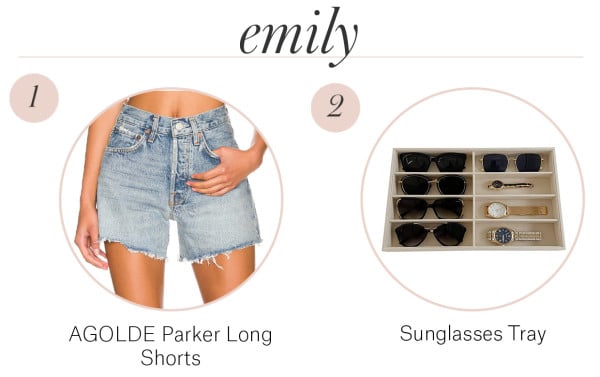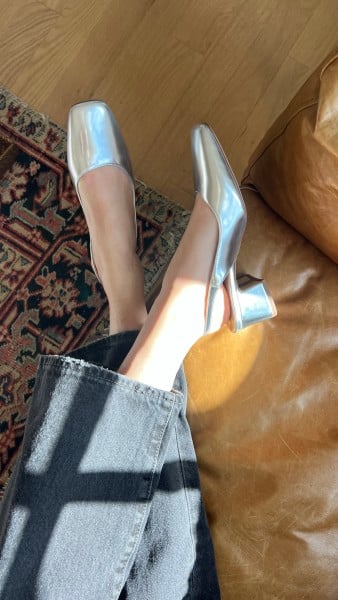
We’ve all been there before: You feel unsettled, anxious, or simply confused about your relationship with a friend. You can’t quite put your finger on it but slowly (sometimes very slowly), it dawns on you that the friendship has become unhealthy, even toxic, and you may need to reevaluate the relationship. In hindsight, there are signs that pointed to this all along, whether there was too much of something (like competition), or too little of something else (like encouragement and affirmation). During a recent editorial brainstorm, we realized we’ve each gone through something similar and, as we shared our experiences, began to recognize through-lines in each of our stories. Below, we’ve culled red flags in the hopes they empower you to recognize the signs of an unhealthy friendship, and take action. Read on below, and feel free to share your experiences in the comments!

It goes without saying that not every single hangout session with a friend is going to feel amazing. But if you consistently feel down about yourself after spending time with someone, that’s probably a sign that they’re not being supportive enough. It’s one thing to speak hard truths to each other out of deep concern and investment in the longevity of a relationship, but another thing when someone disparages you more often than not.

When you get the sense that someone is tallying a list of wrongs you’ve committed—which usually results in a general feeling of anxiety whenever you’re around them or overthinking how you act or speak to them—that’s not okay. Good friends air grievances instead of leveraging them against you.

This may feel like it contradicts sign #2 but this is less about tracking specific actions and more an overwhelming sense of imbalance. Whether you constantly initiate hanging out and are hosting at your place every single time, or your friend seems to be asking favors but never returning them, when you keep giving and there’s no matching on the other side, it may be time to reevaluate.

We all love our girlfriends to the point that we sing praises about them endlessly. And doesn’t it feel great to be surrounded by such a positive group of people who have your back? Conversely, it feels unsettling to not trust someone to defend you or speak well of you, both in front of you and behind your back.

If you ever feel like you’re being used for, say, your connections or backyard pool, or that they’re more focused on posting the Instagram photo of hanging out with you, instead of connecting with you, take a look at the relationship. It’s safe to say that if you keep thinking that someone is using you, you may be right.

If someone agrees to come over for a casual wine night, then changes plans when they get a “better” or glitzier offer—like two tickets to that one concert—they may be a “better dealer.” Of course, everyone’s plans change, but if you feel like you’re consistently the back up, until they make better plans, it may be worth investing your time in the friends who give you top billing because they love you.

This tip is a thousand rolled into one, but if your friend fails to commit, show up, or cheer you on time and time again, don’t let that slide.

Our entire team breathed a big “YES” when someone mentioned this tip. Sometimes the quickest path to clarity about a relationship is to share your story with your spouse, a parent, or someone else you trust (preferably not someone who knows or is close with the person in question) to get their take on it. On the flip side—and this often goes for romantic relationships as well—if multiple people you trust are voicing their concerns about a friend, listen to them. You may stand your ground and be able to defend them (see sign #4!), but you’ll also probably learn something that opens your eyes to unhealthy patterns. There’s a reason they say, “Love is blind” (and it’s just as true for friendships!).

If you feel like you have to edit yourself constantly or be extra sensitive to how someone will react to anything you share or do, perhaps the other person is insecure, anger-prone, or simply doesn’t give you the benefit of the doubt. Whatever it is, you should feel comfortable being yourself when you’re with a friend instead of censoring yourself.

This tip obviously comes with wisdom gained through hindsight, but you can also place yourself in your future shoes, and try to envision how you’ll feel after ending a friendship. If you feel regret or uncertainty, don’t make any rash decisions. But if you feel relief (maybe even excitement) about the next phase, it might be time to take action.
P.S., Coming up with these tips wasn’t exactly fun because it forced us to reflect on some hard relationships. That being said, we think it’s productive to think about behaviors you should be wary of—we’ve even been guilty of these signs, in some instances. Keep in mind that relationships are tricky and often go through seasons that look very different (and are difficult) so it may be worth reflecting on your own behavior and asking: Is there anything I’ve done that has been hurtful? And whenever possible, keep it an open dialogue and give your friend the opportunity to apologize or explain themselves.





